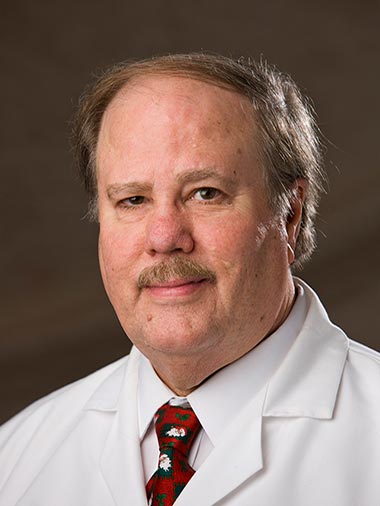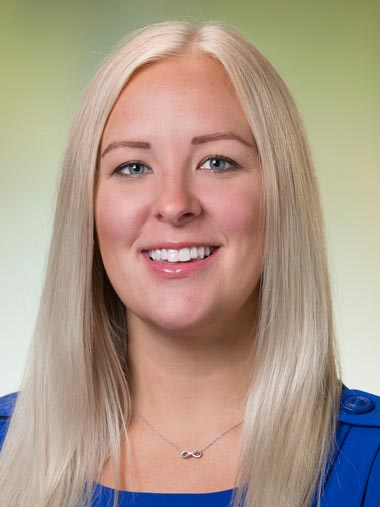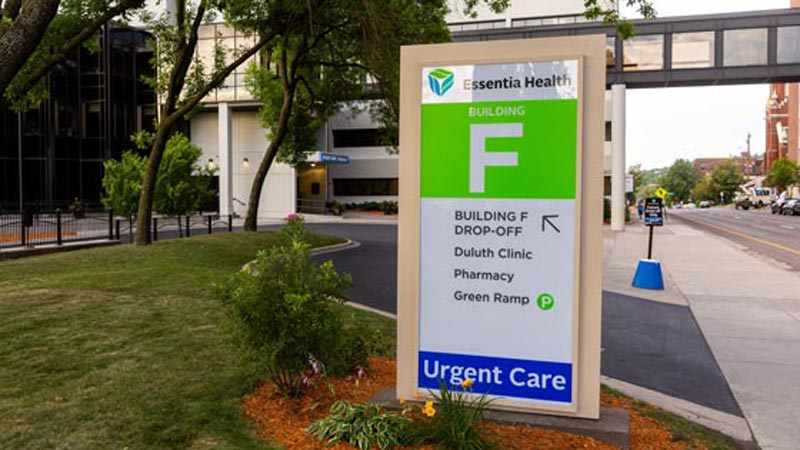Dermatology
Achieve healthy skin with help from dermatologists at Essentia Health. You can count on our team to address common and complex skin concerns and provide comprehensive care to protect your skin for a lifetime.




What's a Dermatologist?
A dermatologist is a physician with specialized training in the diagnosis and treatment of diseases of the skin, hair, and nails.
When to See a Dermatologist
Your primary care provider can treat many skin, hair, and nail conditions. Talk to your doctor if you notice:
- Dark discolorations on your skin
- Moles that change color or shape
- Severe acne
- Severe scars
- Skin rashes, redness, itching, or hives
If you have severe or chronic symptoms, you may be referred to a dermatologist.
Conditions Treated
See the full list of conditions we treat, and select a condition to find providers and locations near you.
- Acne
- Actinic keratosis
- Athlete's foot
- Baldness
- Birthmark
- Blister
- Calluses
- Cellulitis
- Corns
- Dermatitis
- Dry skin
- Folliculitis
- Hair loss
- Hives
- Ingrown hairs
- Itchy skin
- Lice
- Lipomas
- Melanoma
- Moles
- Poison ivy/oak
- Psoriasis
- Rash
- Ringworm
- Rosacea
- Scars
- Skin cancer
- Skin discoloration
- Skin infections
- Squamous cell carcinoma
- Sunburn
- Sweating (excessive)
- Toenail fungal infection
- Varicose veins
- Warts
Psoriasis & the XTRAC Laser
See how psoriasis, an inflammatory disease that can cause red patches on skin, can be treated by the XTRAC laser.
Care for Severe Acne
If you have severe acne, or scars caused by acne, work with your dermatologist to find a solution that works best for your skin. Your doctor may recommend:
- Over-the-counter products
- Prescription medications, such as Accutane
- Photofacials
- Laser skin resurfacing
Rely on your dermatologist to monitor the progress of your acne healing. For some treatments, such as Accutane, you may need regular check-ins and blood tests.
Cosmetic Skin Care
Rejuvenate and enhance your appearance with Essentia's skin renewal services.
Detect Skin Cancer Early
Skin cancer is easiest to treat when it's caught early. Check your skin every month for warning signs of skin cancer, such as:
- Skin growth that increases in size
- Mole, birthmark, or spot that changes color, size or texture
- Spot or sore that itches, hurts, crusts, scabs or bleeds
- Open sore that doesn't heal within three weeks
If you notice any warning signs, see a dermatologist for a professional skin exam.
Skin Cancer Surgery
Essentia has dermatologists who are experienced in performing Mohs surgery. Mohs surgery is often the most effective treatment for the two most common types of skin cancer—basal cell carcinoma and squamous cell carcinoma.
During this procedure, tissue is carefully removed in thin layers until only healthy cells remain. This helps save as much healthy skin as possible, and may prevent the need for additional treatments. Most people need only local anesthesia and can go home right after the procedure.
Schlerotherapy
Depend on Dermatologists at Essentia Health-South University Clinic (Fargo) for sclerotherapy - a treatment for spider veins. Sclerotherapy injects a solution into your blood vessel, causing it to close and fade away over time.
Current Clinical Research Studies
Talk to your doctor to see if you may be eligible to participate in a research study through the Essentia Institute of Rural Health. By participating in a clinical study, you may have access to treatments, medications and medical devices that are not widely available.


